Scowl
April 3, 2025| Mia Thunderska | RELEASE REVIEW
Scowl – Are We All Angels | Album Review
Is this the time when underground champions Scowl claw into the mainstream?
Scowl are an outlier in the catalogue of their new label Dead Oceans. In and amongst the singer songwriter and folk projects, you have one of the most hyped hardcore/punk acts. Whether it was on the Flatspot Records tours, the hate5six Sonic car park gig video or them joining in with the Palestine fundraiser gig in the UK, they have been unavoidable for anyone paying attention to the wider hardcore scene. In years prior, the label move would have been called selling out. The term is nowhere near as popular as it once was, perhaps due to the fame and fortune not being as grand, even in the best of cases. Indie labels aren’t for gloryseekers, and maybe never were.
The album is still Scowl, but it is different. The hookiness has been dialed up to 11 on singles ‘Special’ and ‘Not Hell, Not Heaven’, and overall some of the aggression has been dialed back to let more of this through. Hearing layered acoustic guitars on ‘Fantasy’ over the wall of sound is a classic pop producer move, and not a move of your average melodic punk band. Whereas some of the more melodic moments of their previous catalogue felt closer to happy accidents that came together in jam sessions, this is all purposeful. This is a “pop” album, in production, in song structure, in tracklist. Having the singles take up almost all of the whole first half of the record – as well as there being four singles – is very 2020s streaming centric strategy.
Overall the closest parallels to this album are Pup and the UK’s sadly departed Milk Teeth. There seems to be a lot of the same reference points as the latter, whether it’s the half time chorus bass of ‘Tonight (I’m Afraid)’, or the bite of ‘Fleshed Out’, but there doesn’t seem as much confidence pulling it off. The melodic moves of ‘Suffer the Fool’ feels like something that could have been in the writing sessions in Pup’s later albums, but lacks some of the music school geekery that makes them stand out.
‘Cellophane’ is the closest to the Scowl of old. The big half time opening riff before hit harder after the more melodic turn, but whereas the vocals of old had a level of grit and anger – even in the clean vocals – there seems to be much less power behind it. The vocals seem to go between trying to sound aloof or wispy, and don’t seem to land in either direction, though either of those sounds still wouldn’t work with the punk rock riffs that are Scowl’s trademark. The feeling of boredom sneaks through a lot of this record, whether it’s the less energetic guitar parts, or the vocals, which doesn’t serve the sound of the album
Wanting to switch genres is commendable, especially after being in a band for some time, but managing to pull it off is another thing. After listening to the album, it’s hard not to think about whether Are We All Angels would capture people the way their previous releases have. This style has been done better and in more interesting ways by Scowl before.



